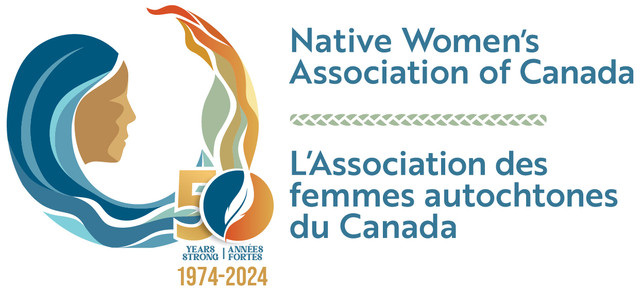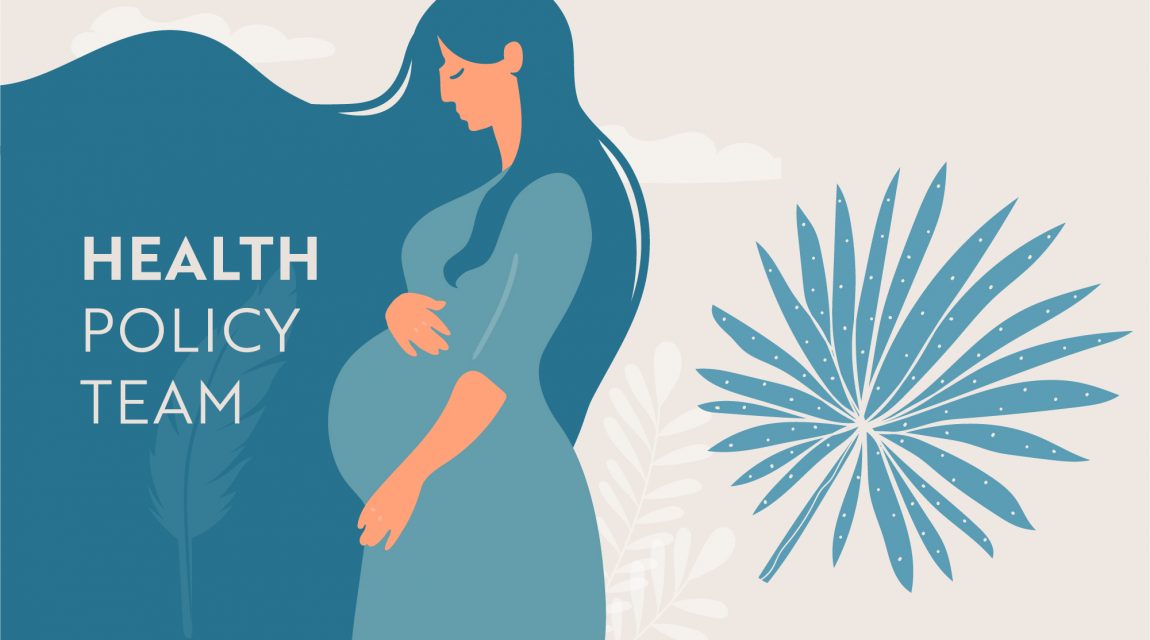In 2009, the Public Health Agency of Canada released the Canadian Maternity Experiences Survey. The survey was a population health and surveillance research project that was designed to provide evidence-based improvements in maternity care and infant health. It included over 300 questions on topics related to women’s perceptions, practices, and experiences before pregnancy; during pregnancy, labour and birth, and in the early months of parenthood. Unfortunately, the survey excluded First Nations women living on-reserve, institutionalized (incarcerated) women, and women whose children were not living with them (apprehended) at the time of the survey. Therefore, the survey did not fully capture the maternity experiences of Indigenous women.
Using Indigenous and decolonized methodologies, it became our goal to engage Indigenous peoples and communities in the interior of British Columbia to create an Indigenous Maternity Experiences Survey (IMES). By identifying the unique and complex context of Indigenous women’s maternity experiences as well as the gaps and barriers that Indigenous women face and that contribute to maternal-child health disparities and associated inequities, this project aims to improve prenatal and postpartum health among Indigenous women. From this, the Maternal-Child Gathering project was born.
The University of Calgary partnered with NWAC to engage in a more robust information-gathering project among communities across Turtle Island. The purpose of the gatherings was to bring together interested Indigenous women, birth partners, Elders, and health care workers. We wanted to create a space where individuals could share their stories and experiences with maternal-child wellness programs and practices within their communities and from their individual perspectives. We held engagement sessions with parents, health care professionals, and community members. Our goal is to develop research that captures Indigenous women’s experiences, needs, gaps, strengths, and priorities for prenatal, labour/birth, and postpartum wellness and health care. By using this information, we can advance and advocate for what is needed or can be developed in our communities.
From the 2021 engagement sessions, we are in the process of developing digital stories. These will be used as a resource to highlight some of the success and disparities in the health care system when it comes to Indigenous maternity issues. We also wish to highlight how a Two-Eyed seeing approach can be applied to Western medicine and traditional wellness.

